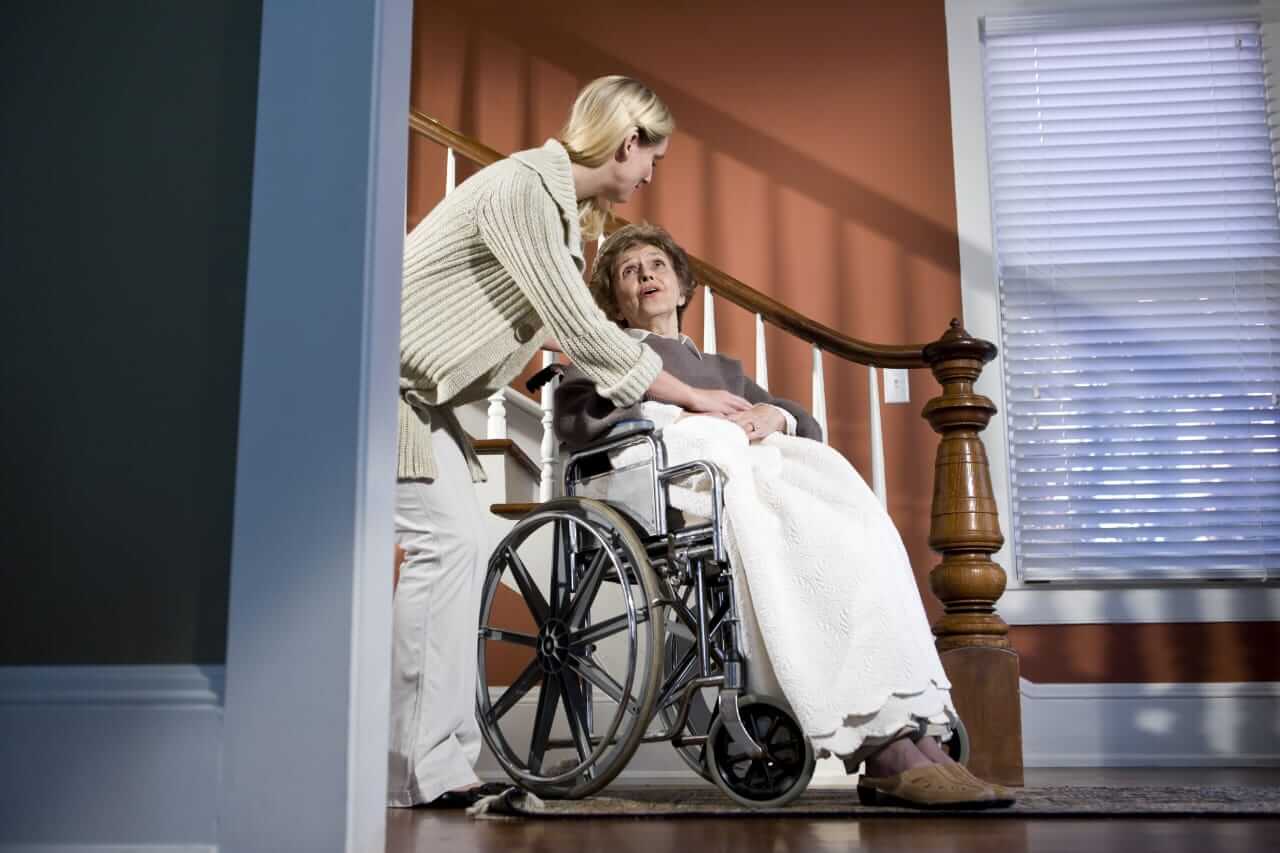How to Make Sure Your Elderly Parent Has Proper Senior Care

In 2020, 36,508 adults 65 and older died from preventable falls in the U.S., while more than 2.8 million received emergency treatment. That’s for falls alone, and that’s only one of the reasons elderly care and support are crucial.
We all want to protect our elderly parents from letting their independence slip away. And yet the sad reality is that, with age, the risks associated with aging skyrocket.
Read on to learn about the different ways you can guarantee proper senior care for the seniors you love.
Types of Senior Care Available
As our population ages, more and more people are finding themselves in the position of having to care for elderly parents. While this can be a very rewarding experience, it can also be a daunting one. There are many things to consider when making sure your elderly parent has proper senior care.
The first step is to assess their needs. Do they need help with activities of daily living such as bathing, dressing, and eating? Or do they simply need someone to check in on them regularly and help with light housekeeping and errands?
Once you have a good understanding of your parent’s needs, you can start to research the different types of elder care available. Read on to know the five different types of elder care available.
Independent Living
Independent living communities are best for seniors who are still physically active with no medical issues but would want to simplify their lives – for example, by not having to worry about homeownership upkeep.
These communities are like villages with small houses, apartments, and townhouses, where residents receive basic assistance like laundry, housekeeping, etc.
Assisted Living
Assisted living is a type of housing designed for people who need help with activities of daily living, such as bathing, dressing, and eating. These facilities usually provide 24-hour supervision and assistance, as well as recreational and social activities.
Memory Care
Memory care communities are for seniors who have dementia, Alzheimer’s disease, or any other memory-challenging medical conditions. Here, the elderly are given a safe and supportive environment, which includes activities that boost their memory.
Respite Care
Respite care is when someone else temporarily takes over the caregiving duties. This can give you a much-needed break from caregiving and also allows you to make sure your parent is receiving the best possible care.
Skilled Nursing Facility
A skilled nursing facility is similar to a hospital where senior residents are given the highest level of care or supervision. In most cases, residents stay for up to three months maximum.
If your loved one has any physical or mental senior health conditions or is recovering from one, this is where you’ll want to take them until they get better and can be safely moved to another type of senior care facility.
How to Choose a Good Senior Care Provider
Caring for elderly parents requires some serious work, which includes ensuring that they receive proper senior care. But how and where do you find the right senior care provider?
You can start your search with these listings, but before you make a choice, keep the following in mind:
Background
Perform a background check on any potential care providers. This includes looking into their reputation in the industry. Are they in good standing in the community? Have they been involved in any controversies? We’ve all heard of caregivers abusing their elderly patients.
License
Make sure the care facility is licensed by the state in which it operates. This ensures that they meet certain standards for care. Of course, this has a lot to do with the credentials of the staff, who should be properly trained and have experience working with seniors.
Policies
You should also ask about the facility’s policies on things like visitors and communication with family members. Make sure you are comfortable with the rules before making a decision.
References
Be sure to ask for references, and talk to these people. This is your chance to know firsthand how other families feel about their experience with the care provider. You can also read online reviews, but make sure to stick to third-party websites for credibility.
Location
If your parent is able to live independently, you’ll want to consider their location. Is their home safe and accessible? Do they have transportation to get to appointments and errands? If not, you may want to consider moving them closer to family or to a community that offers transportation services.
Activities
It’s important for seniors to stay active, both mentally and physically. Look for communities that offer a variety of activities and programs, or that are close to parks, recreation centers, and other amenities.
Cost
Make sure you understand the cost of the different senior living options and that it’s affordable for your family. Ask about payment options and whether government benefits, like Medicare or Medicaid, can help cover the cost.
Only the Best Senior Care For Your Loved One
Sometimes, all you have to do to know if your senior loved one is getting proper care is to visit them and ask them. Even if they can’t give you very technical details, you can still pick up cues from how they talk or behave.
If they are able to converse with you, they will be very pleased just to know that you’re listening. They’ll appreciate that you value their thoughts and feelings, especially about their new life with their senior care provider.
Browse our blog to learn more about many other things!



















